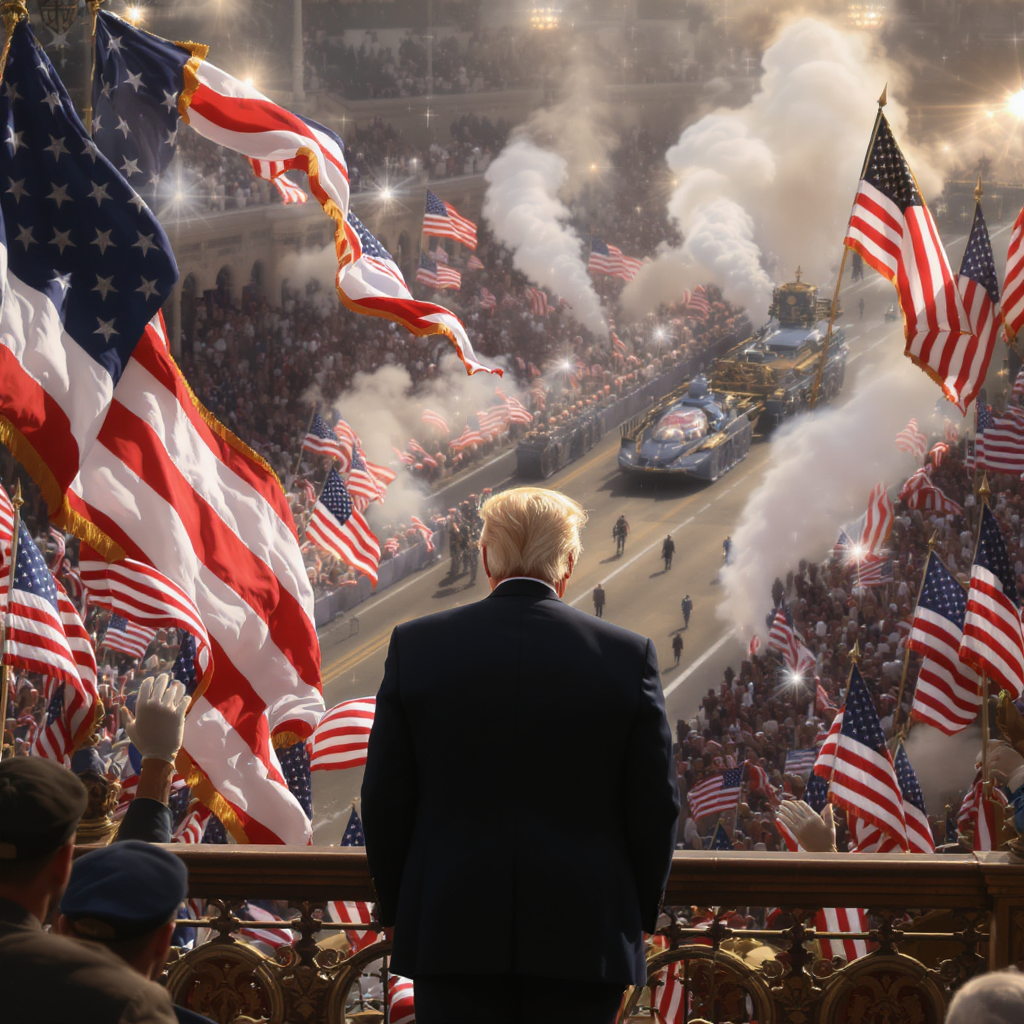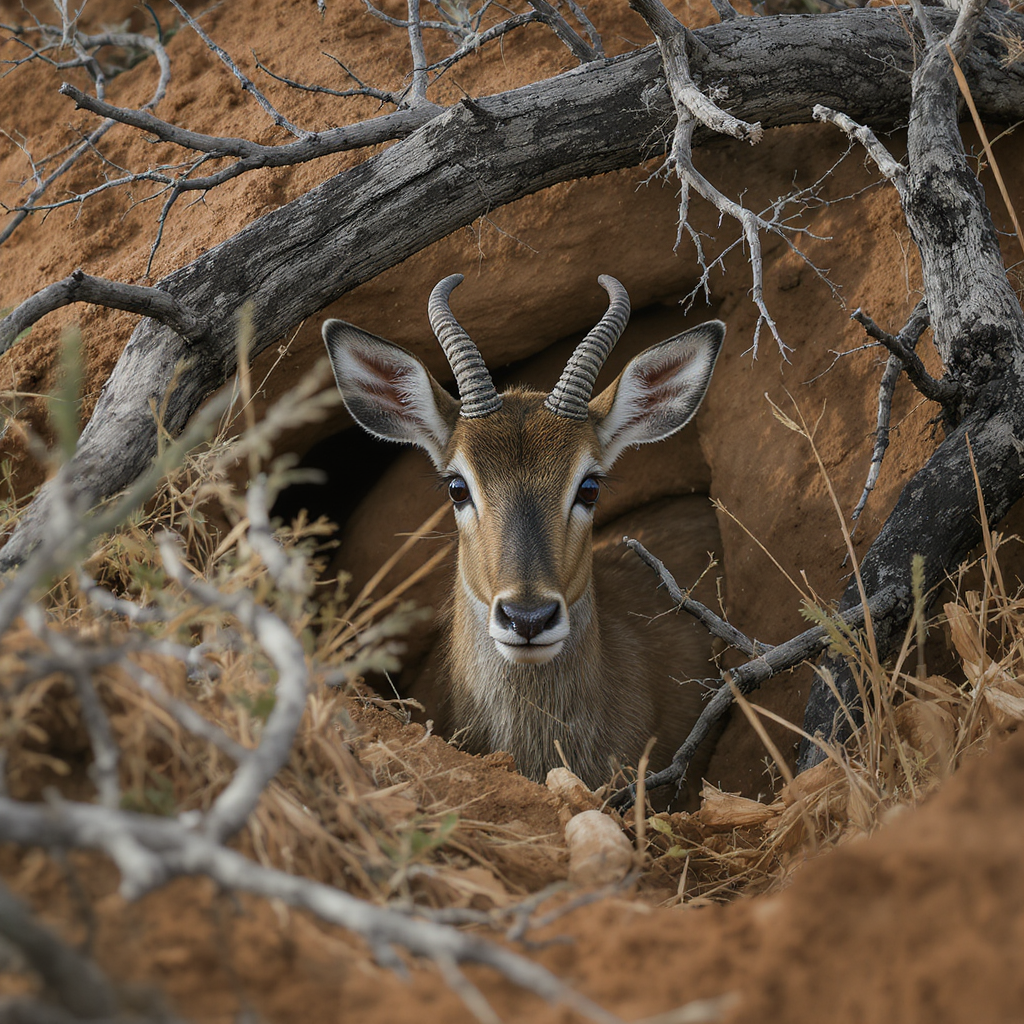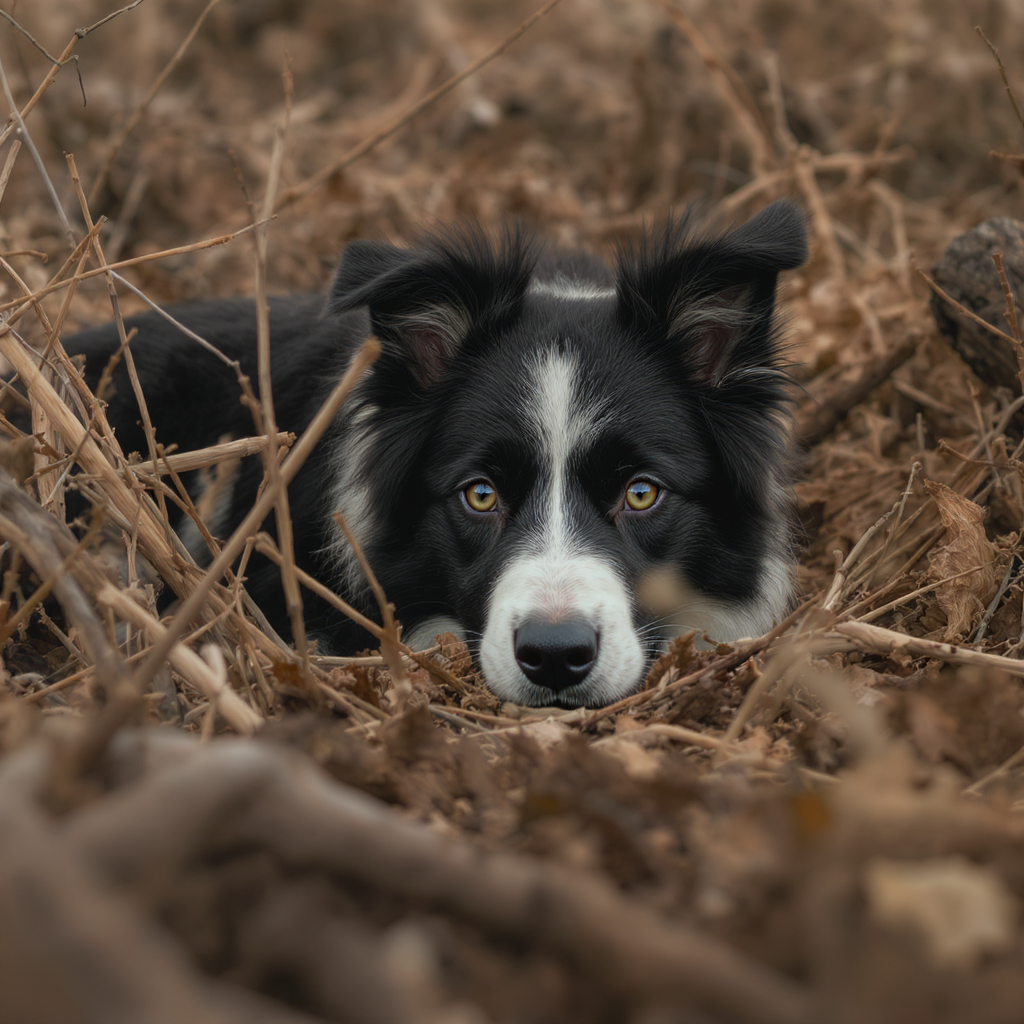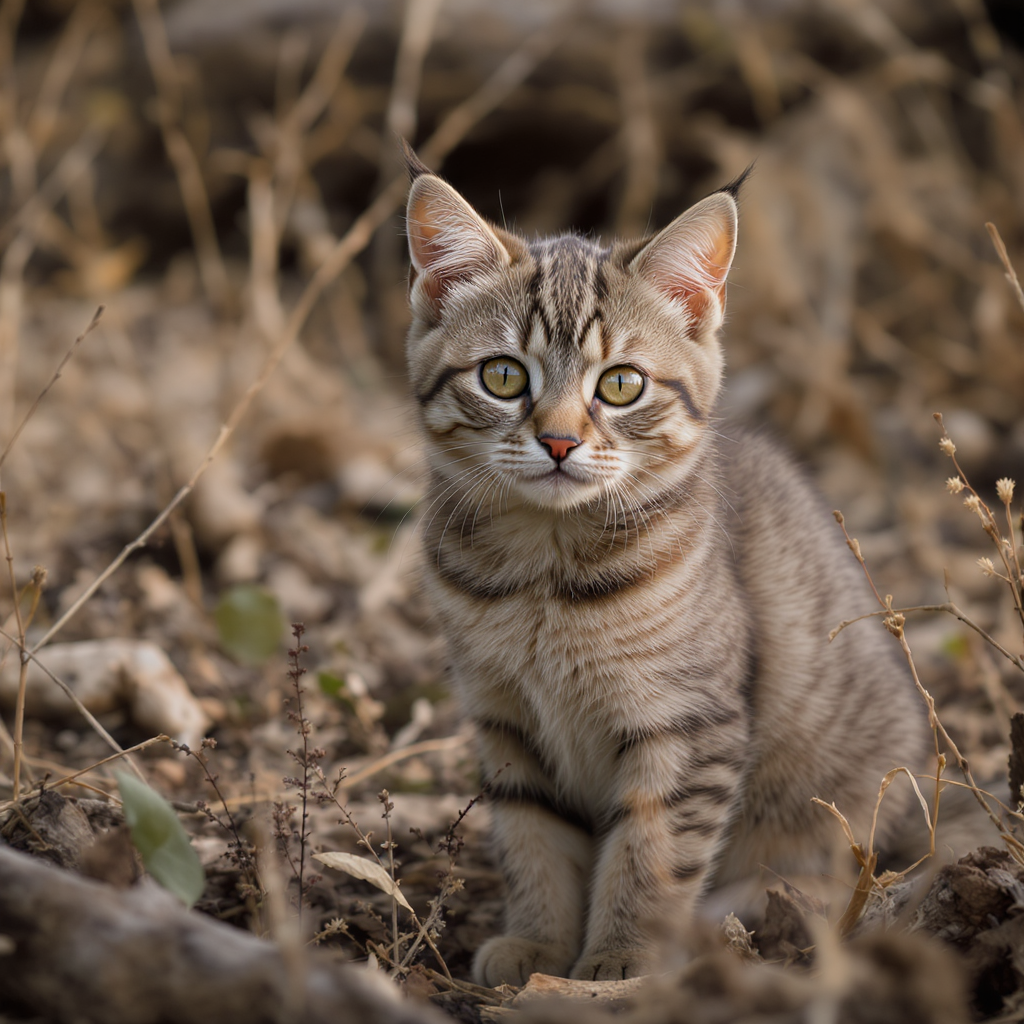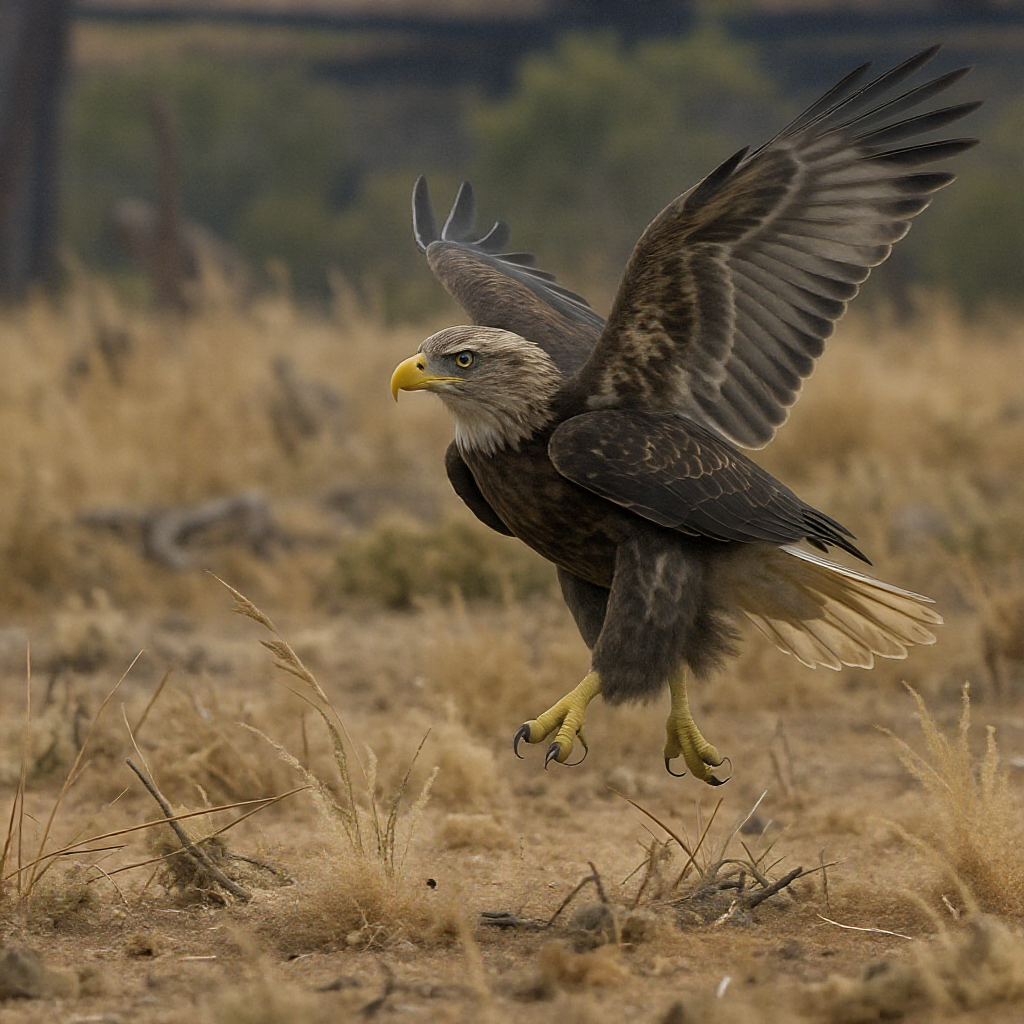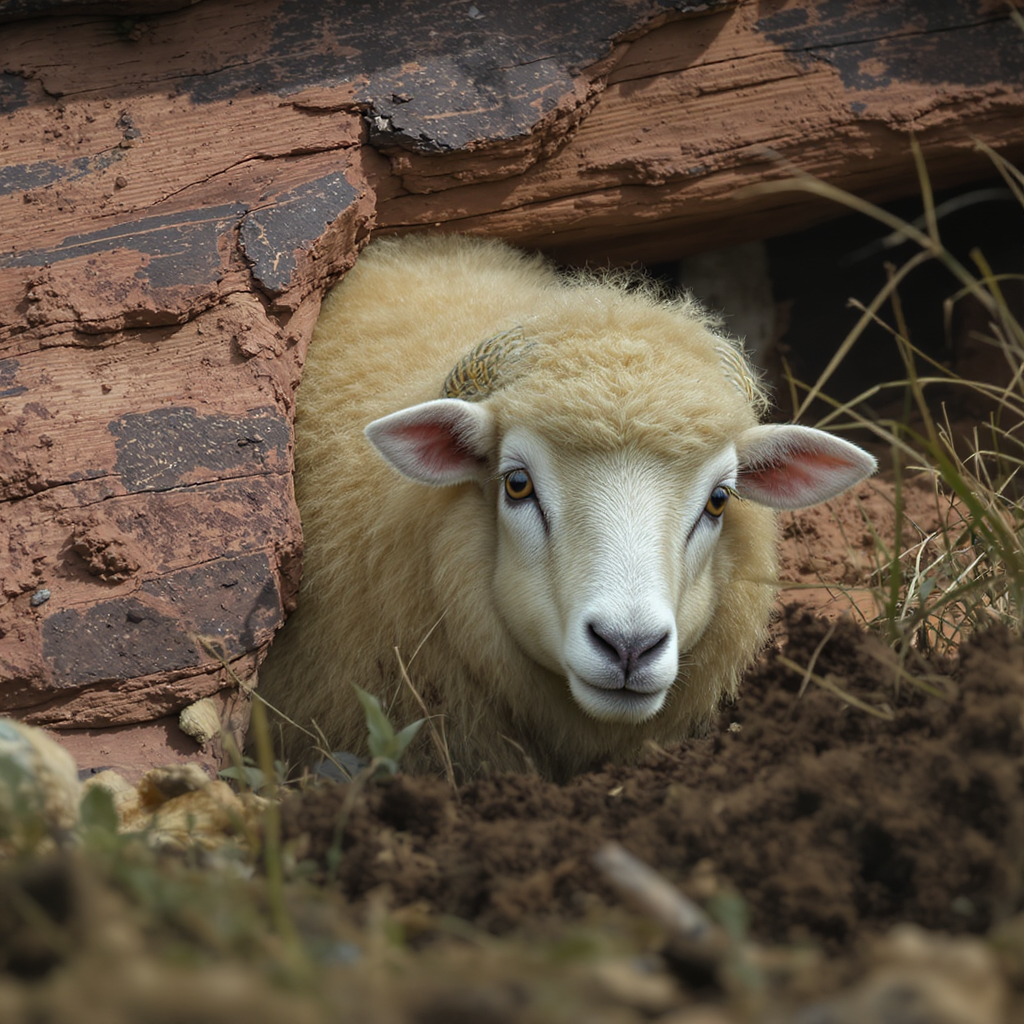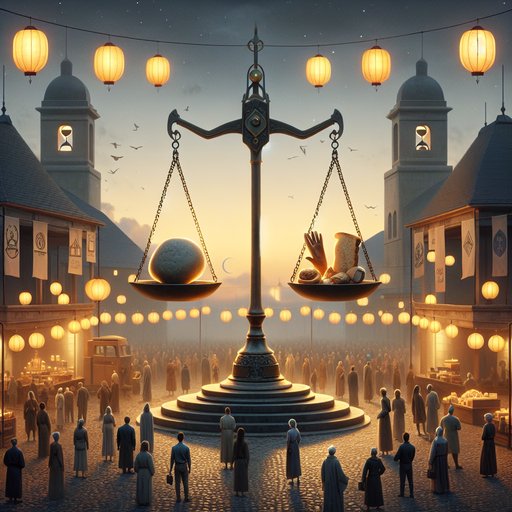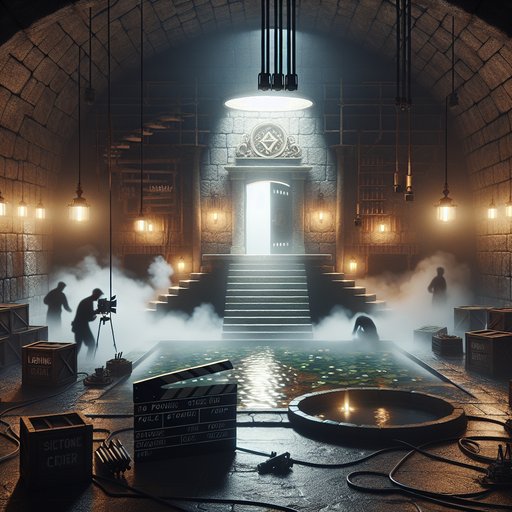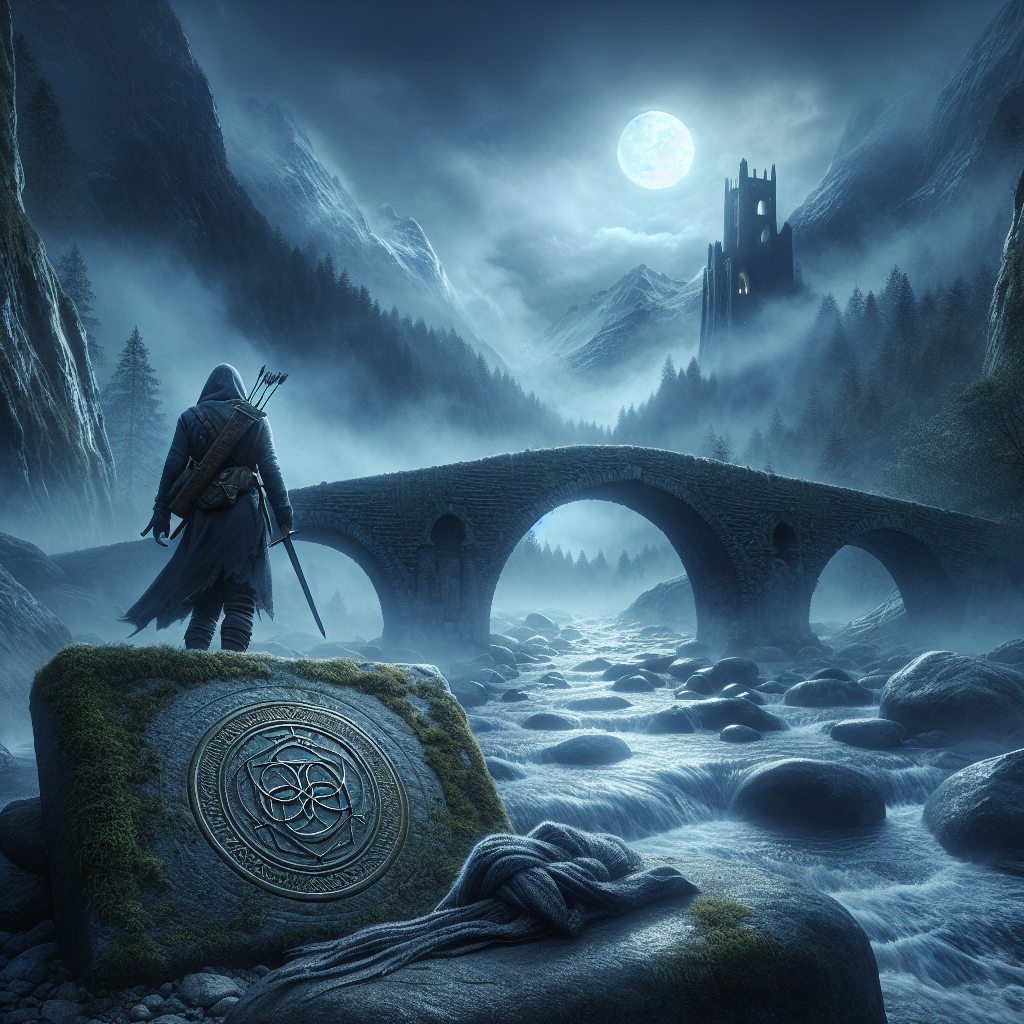
Stalled by an ice-choked fissure and a village gone tight-lipped, Barbra seeks relief in a neighbor’s evening supra and changes into her going-out clothes, hoping to forget the dead end. Amid polyphonic songs and toasts, a verse slips past the laughter that mentions Queen Tamar’s short shadow and a “needle’s eye by the split mouth,” echoing her riddle. An elderly woman, Nino, quietly shows Barbra a woven sash bearing the same sigil as her wooden token and points her toward the Enguri’s confluence below an old stone bridge. After stepping out to catch her breath and noticing a fresh snag of gray wool like the one she found between the towers, Barbra returns to the guesthouse, swaps her Louboutins for her Asics and a leather jacket, and heads alone into the moonlit valley. At the rivers’ meeting, she finds a carved stone under the bridge, the sigil and a brass ring nearly hidden by moss and spray. She senses a mechanism that responds to wind and shadow, and when the towers hum the slab shifts, breathing out cold air from a hidden entry. The chapter ends with Barbra poised above a narrow stair descending into darkness beneath the bridge, wondering whether to brave it now.
The wooden token was warm from her palm, though the room itself had gone cold. Barbra turned it over and over, tracing the sigil until its grooves felt like splinters under her thumb, a tactile reminder of how every path today had pinched shut. The fissure near the glacier was a blue-black throat sealed with ancient ice, and her questions in the village had iced over just the same, with doors closing and eyes slipping past hers. On her phone, the towers’ humming wove a low ribbon, as if the valley itself were trying to speak and choking on the last word.
The gray wool snag she’d found between the towers lay beside the token on the quilt, small as a comma, daring her to guess the sentence it belonged to. “You need to get out of this room,” Mzia told her at dusk, tapping the doorframe with a knuckle. “Our neighbor’s boy is returned from Mestia—there will be a small supra, songs. Come, clear the fog.” The invitation pried something open inside Barbra that wasn’t quite a clue, but it was a way to stop thinking.
She changed, tugging on her tight jeans and a black tank top, then chose a floral denim jacket because it felt like a compromise between hardy and playful; for once she slipped out of her blue-and-white Asics and into a pair of Louboutins pumps she had tucked into her rucksack, careful as a ritual. Freckles stood out on her face in the mirror, constellations she never learned to love, but she shook her hair into a copper spill and left her skin bare—no makeup, as always, simply herself. The neighbor’s house was long and low, with smoke seeping from its eaves as if the roof were breathing. Inside, the table ran end to end beneath rafters blackened to velvet; fat candles puddled wax that crept toward platters of khachapuri and pickled jonjoli, and a bottle of chacha stood like a dare.
The tamada lifted his glass and spoke with riverstone gravity, setting the rhythm of toasts that moved like seasons. Levan found a corner on a bench and grinned up at her, and Barbra felt the music before she heard it, a vibration in her ribs as men’s voices braided three parts and then five. She let it in, the harmonies unraveling the tight knot she carried since she learned to survive alone at four, when her grandparents taught her that solitude could be a shelter and a blade. The song they sang midway through was slower, a cadence like footfalls on a path you don’t admit you know.
“When the sisters sing together,” the old tamada intoned, “follow the short step of Queen Tamar to the needle’s eye by the split mouth—no sooner, no later.” Barbra stiffened, the rim of her glass cooling her lip, and the men around the table did not look at her but past her, as if remembering a cliff they’d once skirted. She leaned toward Mzia, whispering, but the older woman shook her head with the slightest smile, a warning or a kindness. Across from her, a woman with hair white as apple blossoms watched Barbra not with suspicion but with a weighing gaze. After the toast, the white-haired woman beckoned with a crook of her finger and led Barbra to a corner where shadows fell like curtains.
“I am Nino,” she said in Georgian and then again in slower words for Barbra’s benefit, her palms soft and warm. From a nail she lifted a narrow woven sash, its pattern a recurring knot broken by tiny diamonds, and turned it so the candlelight picked up a familiar shape: the sigil from Barbra’s token, repeated like a heartbeat. “Old sign,” Nino murmured, touching the motif. “We hang it when the valleys sing strong.
It marks where wind enters and leaves—sometimes through stone, sometimes through water. The split mouth is where the Enguri divides and eats its banks like bread.”
Barbra called Levan over to help bridge the words she didn’t have, and Nino loosened the knot of her headscarf, revealing a pale square whose threads had faded to coastal colors. It wasn’t a map, not exactly, but the blue stitches flowed like a river, divided into two slips of silk toward a small crosshatched rectangle that must have been a bridge. Beside it, someone long ago had stitched a tiny shoe, no bigger than the pad of Barbra’s thumb.
“Tamar’s shoe,” Levan translated, a reverent tilt in his voice. “The short shadow falls there, when sun is highest or wind is strongest. Needle’s eye is under. But you did not hear this from me.”
Heat from bodies and candles had thickened the air; Barbra’s skin prickled and her jacket suddenly felt like a pelt.
She excused herself, stepping into the courtyard where night lifted shoulders of cold above the dark grass, and the towers sat like sisters at a table, stone garments trimmed in moon. The wind rose as if cued, and the humming spooled out again, a chord that found the hollow of her throat; she raised her phone and watched the waveform bloom, its peaks falling in a pattern that matched the pulse of the song inside. On the rough wood of the doorframe, a wool thread clung stubbornly to a splinter, gray as ash—fresh, not weathered, as if someone had brushed past an hour ago. The watcher had shared their bread and song, and the knowledge bit sweet and sharp on her tongue.
Back at the guesthouse, she placed her Louboutins on a shelf inside the door the way a museum places its treasures—level, aligned, safe—and laced her feet into her Asics with the relief of muscle memory. She shrugged into a black leather motorcycle jacket that smelled faintly of travel and rain, its weight settling her shoulders like a promise. Mzia started to speak, then stopped, and instead tied a small brass bell to Barbra’s wrist with string, the kind shepherds use to find their lambs in fog. “For luck,” was all she said, and Barbra nodded, setting the token and the gray wool into her pocket together, a prayer folded with a key.
The valley opened its cold lungs as she took the path that fell away from the houses toward the river’s hush. The Enguri’s whisper thickened to a murmur and then a rumble as she drew near the place where a narrow feeder joined it, a pale ribbon flossing the dark. Moonlight slicked the old bridge until it looked glazed; lichens made coins along its parapet, and one section had a notch worn smooth by hands or time. Barbra crouched to peer beneath the arch where shadow pooled ink-still, the air down there cooler by whole heartbeats.
Reeds along the bank wore faint flags of gray wool, snagged where someone had moved in haste or indifference, and they pointed as surely as a line on a map. Instinct tugged her like the bell at her wrist, and she followed it beneath the bridge where stones sweated and the river gnawed its bed. There it was: a block of stone that wasn’t quite like its neighbors, face flatter, darker with a skin of moss that quivered in the draft. At its center, half drowned in shadow, the sigil she knew had been chiselled and softened by ages, and below it, the curve of a brass ring gone dull as old honey.
She dried her fingers on her jeans and gripped; the metal bit back the river’s cold and did not budge. The wind rose and the towers across the meadow began to hum again, a slow-building chord, and she felt the faintest tremor travel through the ring into her bones. She glanced up at the bridge parapet and saw how the moon threw a short, hard shadow that slid toward a chisel mark like a compass point; when the two met, she pulled again, and this time the stone sighed. Water twisted around her ankles where it had not moments before, as if something beneath had changed the current’s mind.
The block eased a hand’s breadth, and the air that pulsed from behind it was colder, cleaner, carrying a smell like crushed ice and long-closed rooms. Beneath the river’s mutter, she heard a small chime, delicate as glass tapped with a fingernail, repeating at irregular intervals—wind, or another hand somewhere deeper, doing what hers had just done. Above, footsteps thudded across the bridge, then paused, weight shifting, listening, if she could trust her ears. Barbra set her shoulder into the ring and felt the hidden thing give another inch, revealing the first steps of a tight stair falling away into the dark—was this the needle’s eye, and if so, was she ready to climb through it alone, right now?
